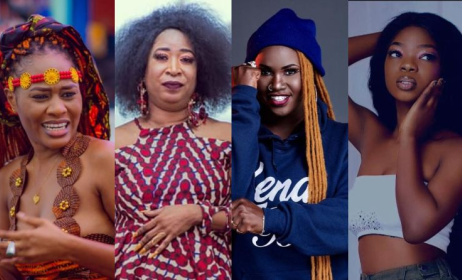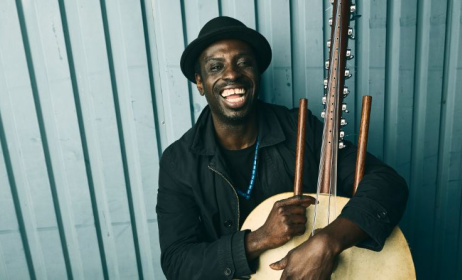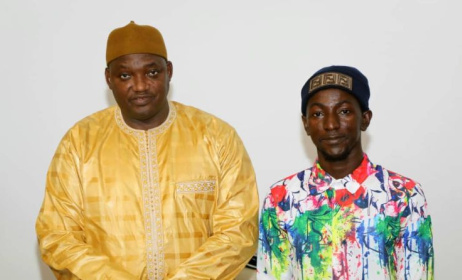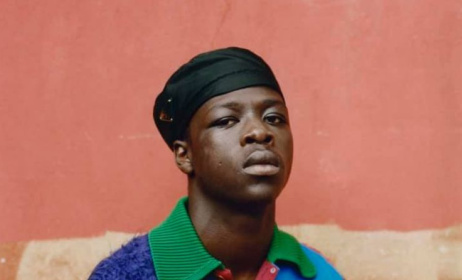More local music to grace Gambia's airwaves
Gambian media have been directed to give more attention to local music.
 According to a new directive, more Gambian music will be played by the country's media platforms.
According to a new directive, more Gambian music will be played by the country's media platforms.
The directive is in accordance with Section 57 of the National Centre for Arts and Culture Act, 2003 Cap 49:01, Volume 7, Laws of The Gambia.
According to the provisions of the law, “television and radio stations or similar media services shall promote Gambian arts and culture, through their programming, accordingly, shall apportion not less than seventy percent (70%) of the total time to programmes towards advancement and promotion of Gambian music”.
Although the law has existed since 2003, the new directive was recently issued by Hassoum Ceesay, the director general of Gambia’s National Center for Arts and Culture, the establishment mandated to promote and protect the cultural heritage of the country.
Ceesay said that the NCAC has written to all concerned stakeholders, including the Public Utilities Regulatory Authority, reminding each group of the contents of the law and insisting on the urgency of its implementation.
This drive for local music content by the authorities comes after a lengthy campaign by Gambian artists regarding the dominance of foreign music on Gambian airwaves. One of the loudest concerns was expressed by Afromanding singer Jalex four years ago when, during an interview, he said, given the chance, he would ban all musical products from outside of the Gambia.
“We have to have faith in our products,” he said.
Last year, similar comments were made by dancehall act A2, who said it was unfortunate that no Gambian act could fill a stadium. “Gambian music should be far bigger than where we are…There is a lot that needs to be done,” he said.
It had appeared that the government was not responding to the campaign but the new directive might give some hope. According to Ceesay, if the law is backed by action, Gambian music will rise in popularity and increase its revenue. "With the implementation of the act, investors will have the confidence to invest in music production, recording studio, management of music and so on because they will be expecting ample exposure of their music in the market to enable them to get back their investments,” he said.
Ceesay also pointed out that Gambia’s media organisations have to contribute toward the promotion of Gambian music especially as a push for royalties will commence soon. Gambian acts, he said, have to collect “royalties from the use of their music in hotels, bars, transports, TV, radio stations and other similar media services”.



































Comments
Log in or register to post comments